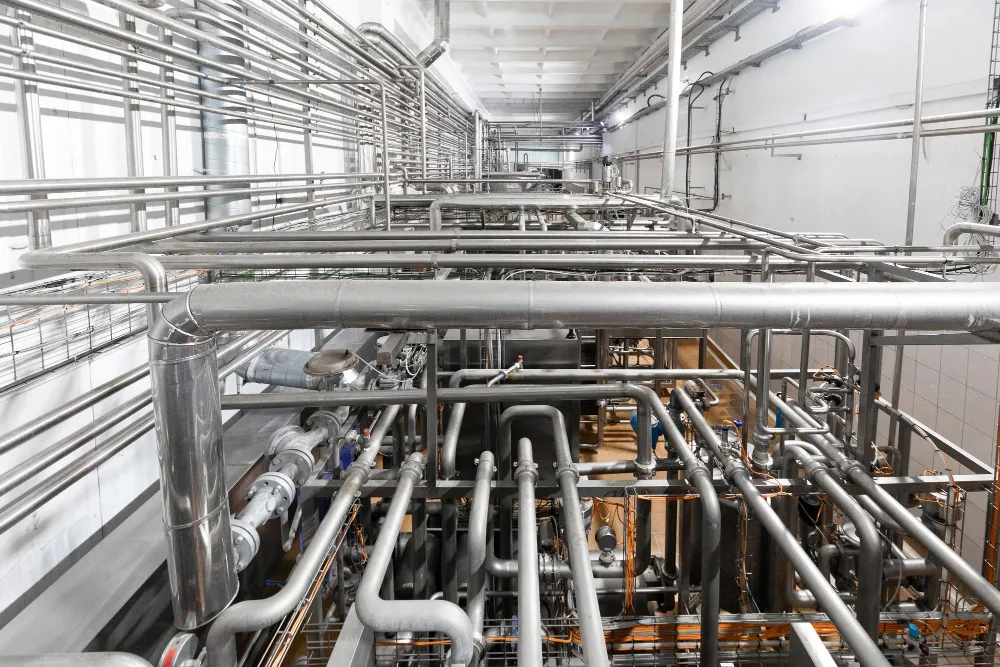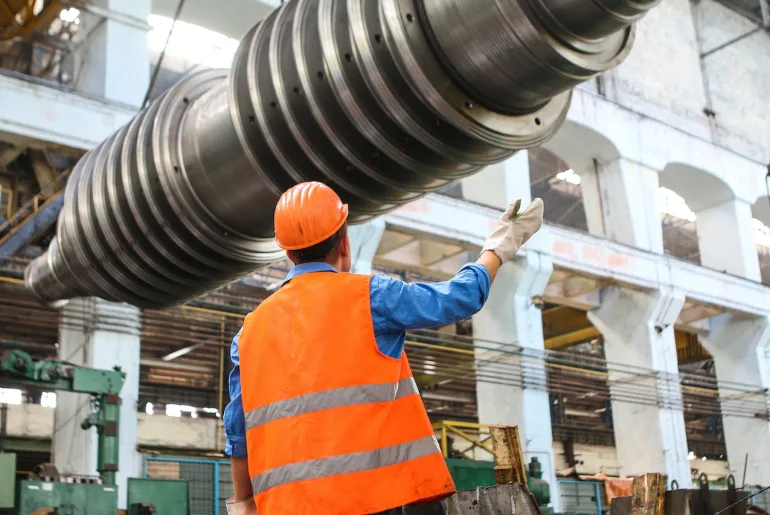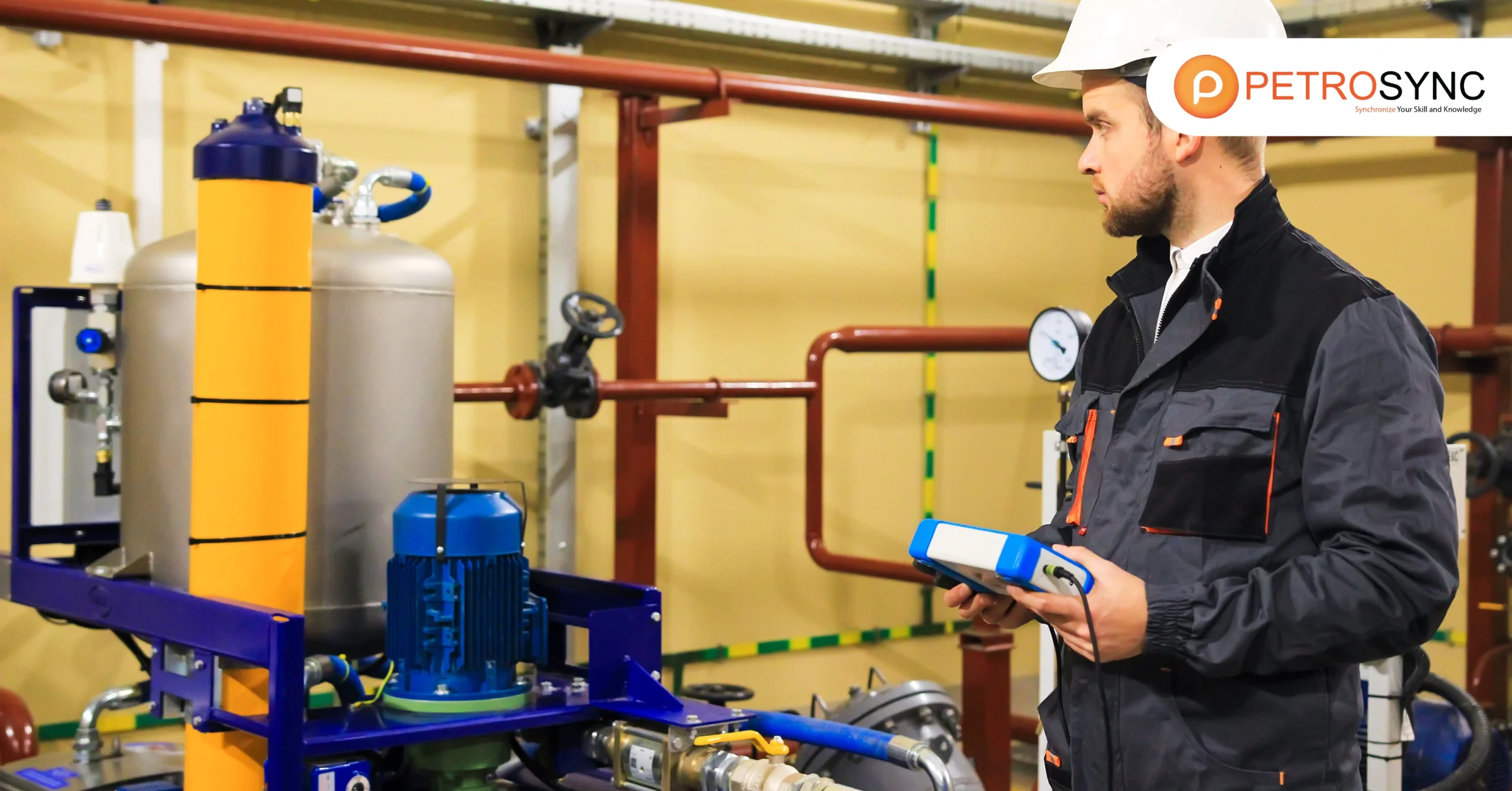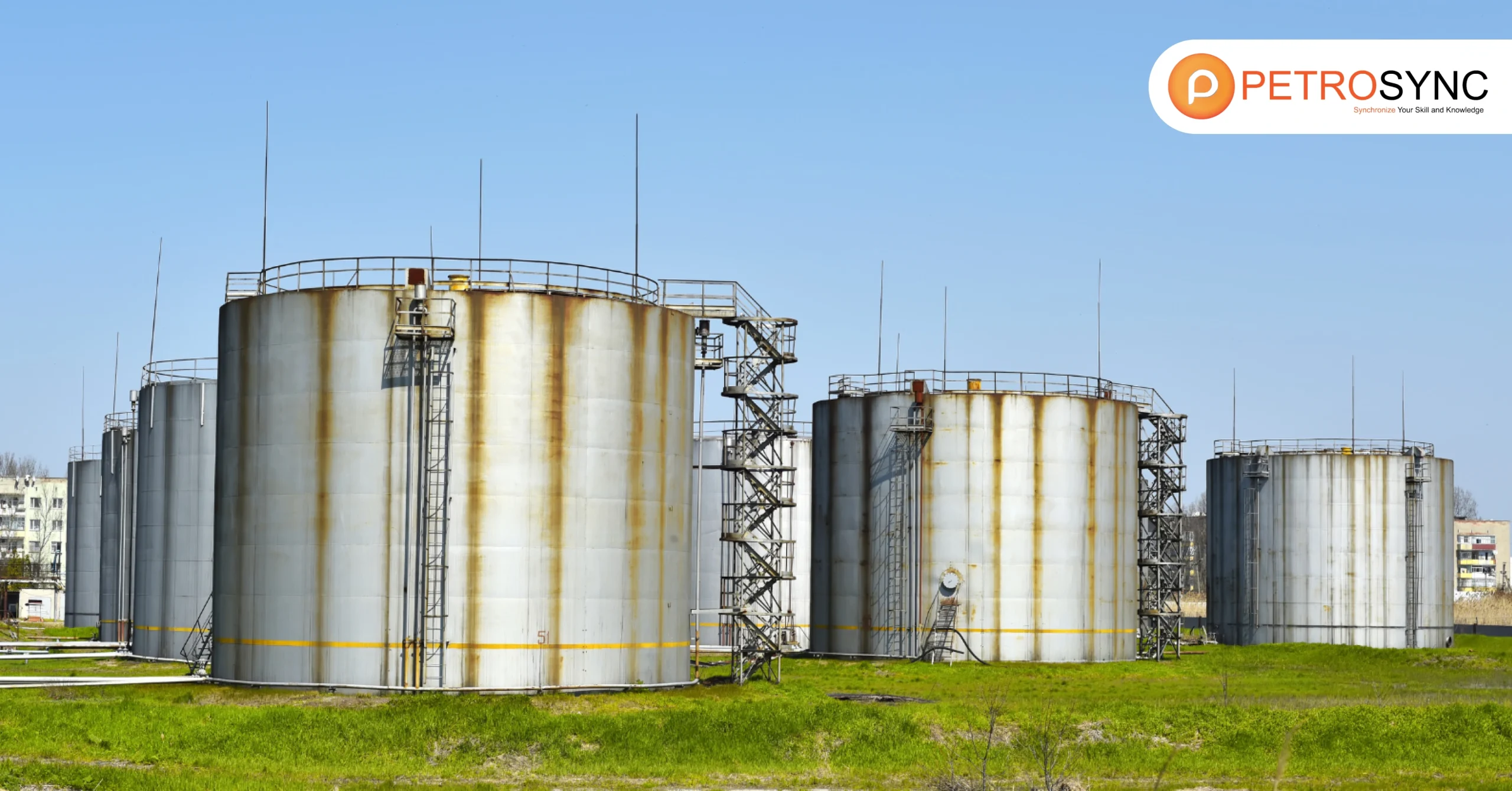In today’s complex industrial landscape, the importance of maintaining the safety and integrity of piping systems cannot be overstated. Piping infrastructure plays a crucial role in various industries, including oil and gas, petrochemicals, and power generation making API 570 piping inspector highly in demand.
In this article, we will delve into the details of API 570, a widely recognized certification for piping inspectors, exploring its significance, training requirements, career opportunities, and the essential skills needed to excel in this field.
What Does an API 570 Piping Inspector Do?
API 570 is piping inspector plays a vital role in ensuring the continued high level of safety in process piping systems. They specialize in inspecting, assessing, and monitoring the condition of piping components to identify any potential issues or hazards.
By conducting thorough inspections and evaluations, they contribute to improving the management control of process unit inspection, repair, alteration, and rerating activities. Their expertise helps in reducing the potential for inspection delays caused by regulatory requirements.
With their knowledge and attention to detail, piping inspectors help maintain the integrity and reliability of piping systems, ensuring optimal performance and minimizing the risk of accidents or failures.
How Is The Work Environment of API 570 Piping Inspector?
The work environment of a piping inspector can vary depending on the industry and project they are involved in. Piping inspectors may work at construction sites, manufacturing plants, refineries, or oil and gas facilities.
They may spend time in office settings for planning and documentation tasks, as well as conducting inspections and fieldwork outdoors. While performing their duties, they may encounter noise, dust, chemicals, and different weather conditions.

Piping inspectors may also need to work at elevated heights or in confined spaces, requiring adherence to strict safety protocols. Collaboration with engineers, contractors, and team members is common to ensure compliance with codes, standards, and project requirements. Overall, the work environment of a piping inspector necessitates a strong focus on safety, attention to detail, and effective communication skills.
What Standards Should an API 570 Piping Inspector Master?
To ensure compliance and uphold the integrity of piping systems, it is essential for an API 570 piping inspector to strive for proficiency in relevant standards. Mastery of these standards equips the inspector with the necessary expertise and knowledge required for their role.
1. API Publications
As stated in the Body of Knowledge, some API standards that are in line with API 570 are:
- API Standard 570, Inspection, Repair, Alteration, and Rerating of In-Service Piping Systems
- API Recommended Practice 571, Damage Mechanisms Affecting Fixed Equipment in the Refining Industry
- API Recommended Practice 574, Inspection Practices for Piping System Components
- API Recommended Practice 577, Welding Inspection and Metallurgy
- API Recommended Practice 578, Guidelines for a Material Verification Program (MVP) for New and Existing Assets
2. ASME Publications
Not just complying with API Publication, some of the ASME standards that can also support the knowledge of API 570 Piping inspectors are:
-
- ASME Boiler and Pressure Vessel Code:
-
- Section V, Nondestructive Examination
- Section IX, Qualification Standard for Welding, Brazing and Fusion Procedures; Welders; Brazers; and Welding, Brazing and Fusing Operators
-
- ASME Boiler and Pressure Vessel Code:
- ASME B16.5, Pipe Flanges and Flanged Fittings
- ASME B31.3, Process Piping
Is API 570 Piping Inspector in Demand?
The demand for API 570 piping inspectors is substantial across diverse industries. As safety and regulatory compliance receive increasing attention, organizations are actively seeking skilled professionals to perform inspections and maintain the integrity of piping systems.
The API 570 certification is widely acknowledged as a standard prerequisite for piping inspectors, making individuals with this certification highly sought after in the job market. With industries prioritizing the maintenance and dependability of their piping infrastructure, the demand for API 570 piping inspectors is expected to endure strongly.
How Much an API 570 Piping Inspector Can Earn?
According to ZipRecruiter, the hourly wages for API 570 Piping Inspectors in the United States vary, with the highest reported wage being $33.65 and the lowest being $11.30.
However, the majority of wages for these inspectors currently fall within the range of $20.43 (25th percentile) to $24.04 (75th percentile). On average, the pay range for API 570 Piping Inspectors shows minimal variation of about $3.61.
How to Become an API 570 Piping Inspector?
To pursue a career as an API 570 piping inspector, you need to graduate with a high school diploma or equivalent. Having a technical or engineering degree can enhance your prospects in this field.
1. Acquire Relevant Work Experience
Gain practical experience in designing, constructing, repairing, operating, or inspecting in-service piping systems. It is crucial to have at least one year of experience overseeing or performing inspection activities outlined in API 570 as mentioned in API 570 eligibility.
2. Complete an API 570 Training Course
Enroll in a trusted training program that covers the required curriculum and provides a comprehensive understanding of the API 570 code and inspection methodologies. If you’re considering advancing your career as an API 570 Piping Inspector, you can opt for API 570 Piping Inspector training course by PetroSync.
Our carefully crafted API 570 course is tailored to provide you with the necessary knowledge and skills to excel in the piping inspection field. By enrolling in PetroSync’s training course, you’ll benefit from expert-led sessions, practical exercises, and real-world case studies, ensuring an engaging and interactive learning experience.
3. Take and Pass The API 570 Certification Exam
Successfully passing the API 570 certification exam is a significant milestone that demonstrates your comprehensive understanding of code requirements, inspection procedures, and industry best practices.
By achieving API 570 certification, you validate your competency and establish yourself as a qualified piping inspector in the industry. The certification not only boosts your credentials but also opens doors to new career opportunities and advancements.
4. Maintain Your API 570 Certification
API 570 certification necessitates periodic renewal. To retain your certification, you must fulfill recertification requirements, which often involve continuing education and gaining additional work experience.
What Are The Professional Associations of API 570 Piping Inspector?

API 570 Piping Inspectors can join various professional associations to enhance their professional development and network within the industry. Here are some notable associations:
1. American Society of Mechanical Engineers (ASME)
ASME provides resources, publications, and networking opportunities for professionals in mechanical engineering, including piping inspectors.
2. American Petroleum Institute (API)
API sets standards and guidelines for the oil and gas industry. Membership offers access to technical resources and industry events.
3. National Board of Boiler and Pressure Vessel Inspectors (NBBI)
NBBI promotes safety in the boiler and pressure vessel industry. Piping inspectors can join NBBI to access educational materials, training programs, and professional networking opportunities.
4. National Association of Corrosion Engineers (NACE)
NACE focuses on corrosion prevention and control. Piping inspectors can become members of NACE to stay updated on corrosion-related issues and advancements in inspection techniques.
5. American Welding Society (AWS)
AWS advances welding and joining technology, offering resources, certification programs, and networking opportunities relevant to piping inspectors’ needs.
Being part of these associations allows API 570 Piping Inspectors to stay informed, expand their knowledge, and collaborate with industry professionals. They provide valuable support for professional growth and ongoing learning.
PetroSync’s API 570 piping inspector training not only prepares you to excel in the API 570 certification exam but also provides a platform to connect with like-minded professionals in the industry. By joining the training program, you will not only gain valuable knowledge and skills related to API 570 Body of Knowledge but also get the opportunity to interact with peers who share the same passion and goals.
Petrosync’s reputation as a leading training provider in the industry guarantees the quality and effectiveness of our API 570 training course. By investing in this training, you will enhance your professional growth and open doors to new and exciting opportunities in the industry. Don’t miss out on the chance to boost your career prospects by joining the API 570 training course by PetroSync.
Credit Header Image: Freepik

SEO specialist by day, fact-checker by night. An avid reader and content writer dedicated to delivering accurate and engaging articles through research and credible sources.







